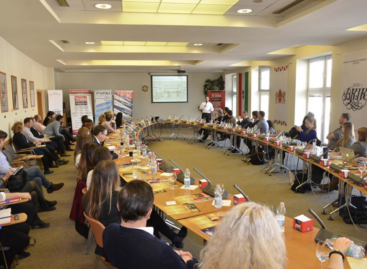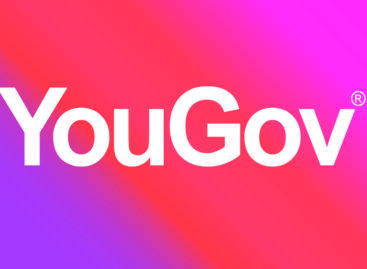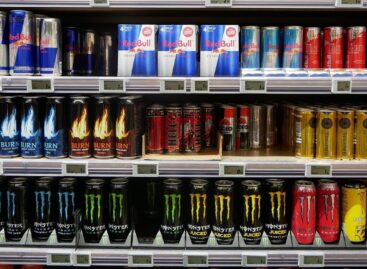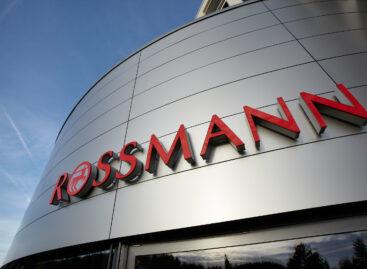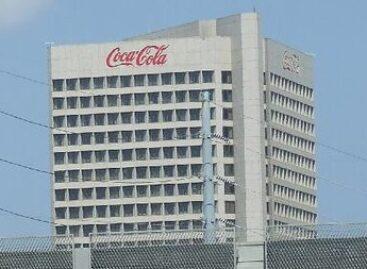We are no longer falling, but we aren’t flying yet
Although there was some kind of vitalising in 2024 following the economic downturn, the Hungarian FMCG market was still only halfway to recovery, according to a presentation by József Scheiling, business development manager of YouGov, given at the Trade Marketing Club meeting on 3 April 2025.

This article is available for reading in Trade magazin 2025/6-7.
Very high inflation and the plunge in the economy in 2023 entailed a decline in retail sales, household spending and real wages. The good news is that this trend reversed in 2024 and a kind of realignment began. Retail sales grew by 2.9%. During the big inflation shoppers first tried to optimise their costs in response to rising prices, partly by switching to lower-priced products and partly by cutting back on purchases. At the beginning of 2024 there was some recovery, but this positive momentum turned into a decline in volume again in the middle of the year.
We are still struggling
YouGov regularly examines changes in consumer behaviour in the European Union in a detailed study. Data from last fall indicates that, with the improvement in household budgets, the role of general coping strategies has decreased in EU countries. At the same time Hungarian consumers have become more concerned (from 41% in spring 2024 to 49% in autumn 2024) that prices will continue to rise, which has influenced their purchasing habits. Hungarian consumers are therefore aware of inflationary pressures, so even if the use of various coping strategies has declined overall, they are still most prevalent in Hungary compared to other countries in the EU and Central and Eastern Europe.
Discounters, drugstores and e-commerce win
Discount supermarkets have continued to strengthen, with a market share of nearly 40%, but drugstores and e-commerce have also become stronger. These are fundamentally cheaper sales channels: discounters due to their nature, drugstores because they offer a wide range of high-quality private label products, and e-commerce because it is very easy to control the value of the shopping basket, select items that are on sale or wait until they go on sale. Behind the growth of these three channels we find positive changes in basket size, buying frequency and even customer loyalty. One of the key factors in the growth of the discount supermarket channel was the rise in shopping intensity in 2024. In 2024 97% of Hungarian households shopped in discount supermarkets.
Bargain hunting
During the inflation crisis consumers tended to shop more often and in more places, and they tried to buy everything as cheaply as possible. As a result of this the proportion of large baskets decreased slightly, while the share of bargain baskets increased. Even if the biggest pressure is now over and the proportion of large purchases has started to return to pre-crisis levels, bargain hunting appears to have remained at a high level. Consumers continued to optimise their spending: consumption volumes declined in four out of ten categories, mainly due to less frequent purchases – this is also a more favourable ratio than before, as a year earlier the same phenomenon was observed in six out of ten categories
Related news
Brand Footprint – the celebration of brands
🎧 Hallgasd a cikket: Lejátszás Szünet Folytatás Leállítás Nyelv: Auto…
Read more >Related news
Germany’s CDU pushes for nationwide ban on energy drink sales to under 16s
🎧 Hallgasd a cikket: Lejátszás Szünet Folytatás Leállítás Nyelv: Auto…
Read more >Rossmann increases revenue by 8.5 per cent
🎧 Hallgasd a cikket: Lejátszás Szünet Folytatás Leállítás Nyelv: Auto…
Read more >Coca-Cola begins corporate restructuring with 75 layoffs
🎧 Hallgasd a cikket: Lejátszás Szünet Folytatás Leállítás Nyelv: Auto…
Read more >



